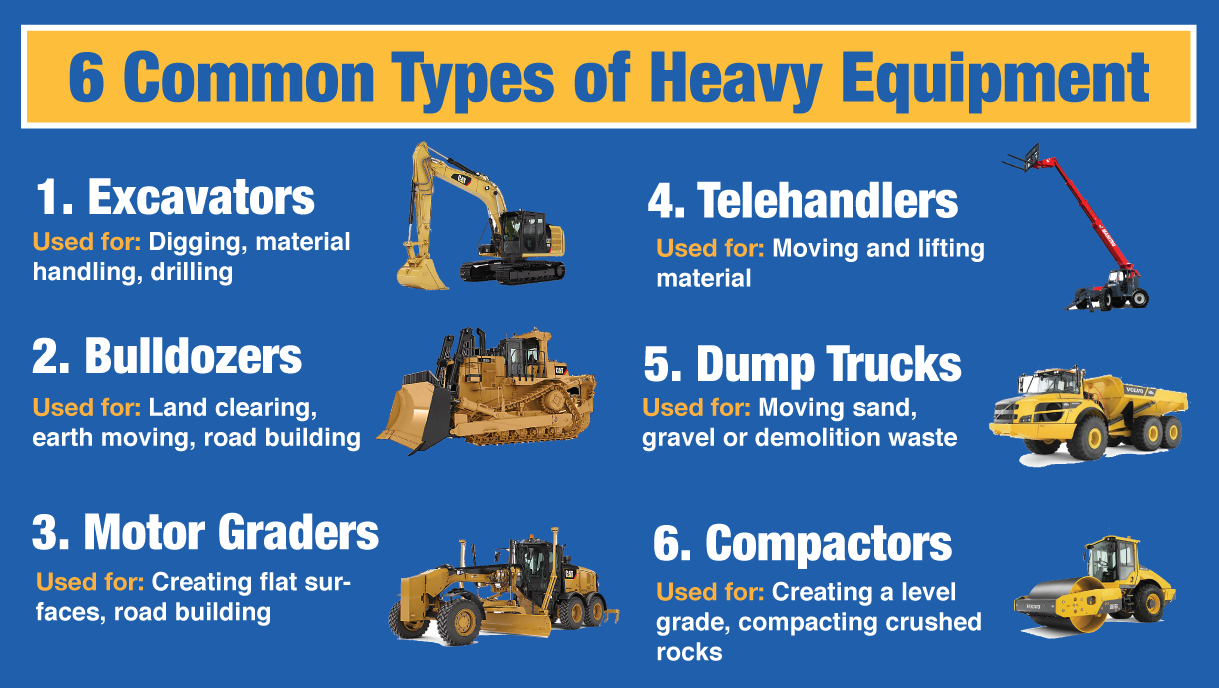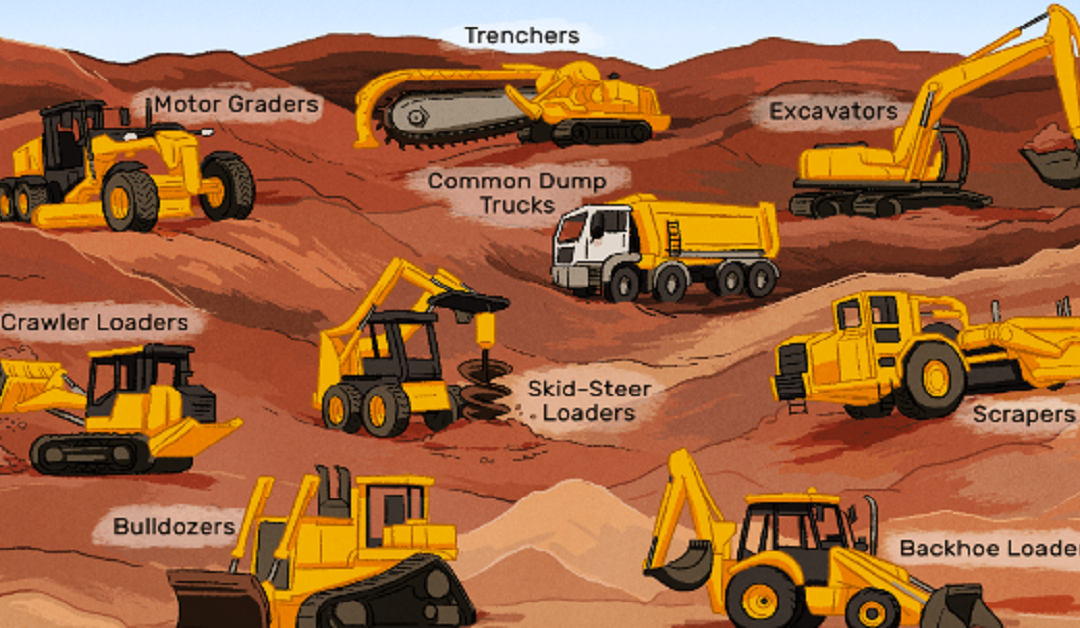Heavy Equipment Rental: High-Quality Machinery for Lease
Heavy Equipment Rental: High-Quality Machinery for Lease
Blog Article
Renting Out Vs. Purchasing Construction Devices: Making the Right Choice for Your Project
When getting started on a construction project, among the important decisions that forecast stakeholders and managers face is whether to acquire or rent out building tools. Both alternatives have their benefits and disadvantages, making the option a critical one in the task planning procedure. The choice depends upon different factors such as price factors to consider, job duration, tools upkeep, danger, versatility, and scalability administration. Each aspect plays a vital duty in figuring out the most ideal course for the project's devices demands. dozer rental. Let's discover these aspects additionally to recognize just how they influence the decision-making procedure and ultimately the success of the project.
Price Considerations
Renting equipment commonly calls for lower initial repayments compared to purchasing, making it an appealing choice for short-term tasks or contractors with budget plan restraints. In the long run, continuously leasing tools can build up higher costs than buying, particularly for prolonged jobs.
On the various other hand, acquiring building and construction devices entails higher upfront expenses yet can cause long-term financial savings, specifically for lasting projects or regular customers. Having devices supplies versatility, convenience, and the capacity for resale worth once the task is completed. Furthermore, possessing tools enables personalization and familiarity with certain machinery, possibly enhancing performance and efficiency on-site. Inevitably, the choice between renting out and purchasing construction equipment depends upon the task's period, frequency of use, budget considerations, and long-lasting monetary objectives.
Task Period

On the other hand, for long-term tasks or ongoing building and construction job, acquiring tools can be the a lot more affordable choice. Buying devices can cause cost savings in the lengthy run, particularly if the equipment will be often made use of. Additionally, owning equipment supplies a feeling of control over its accessibility and enables personalization to fit certain project demands.

Equipment Maintenance
Provided the crucial function project period plays in determining one of the most cost-effective technique in between leasing and buying construction equipment, the emphasis currently shifts towards analyzing the vital aspect of tools maintenance. Correct maintenance is critical for guaranteeing the optimum performance and longevity of building and construction devices. Leasing equipment usually comes with the advantage of having well-kept machinery provided by the rental firm. This can relieve the concern of maintenance tasks from the task proprietor or contractor, conserving effort and time. On the other hand, possessing tools calls for a positive method to upkeep to protect against failures, ensure security, and prolong the devices's life-span. Normal evaluations, servicing, and prompt repairs are needed to keep owned and operated equipment in leading working condition. Consider maintenance expenses when determining in between purchasing and renting out, as ignoring upkeep can lead to pricey repair work, downtime, and job hold-ups. Ultimately, a properly maintained construction equipment fleet, whether leased or possessed, is vital for the reliable and successful conclusion of construction jobs.
Adaptability and Scalability
In the world of building and construction devices management, the aspect of adaptability and scalability holds considerable significance for project efficiency and source application. Deciding to lease building tools provides a high degree of adaptability as it allows for the quick change of devices types and quantities based on the progressing demands of a task.
Renting out building equipment uses the benefit of quickly scaling procedures up or down as job needs rise and fall. Contractors can swiftly include or exchange devices to match the project's altering demands without the restrictions of owning assets that might become underutilized or obsolete.
Threat Monitoring
Reliable risk administration in building equipment operations is critical to ensuring project success and mitigating possible financial losses. Construction jobs inherently entail different risks, such as tools malfunctions, mishaps, and task delays, which can significantly impact the job timeline and spending plan. By carefully thinking about the dangers related to owning or renting out building and construction devices, project supervisors can make informed decisions to lessen these possible dangers.
Leasing construction devices can supply a degree of danger mitigation by transferring the obligation of repair and maintenance to the rental business. This can decrease the financial concern on the job proprietor in situation of unexpected tools failings (mini excavator rental). Furthermore, leasing supplies the adaptability to access specific devices for particular project stages, reducing the threat of owning underutilized machinery
On the other hand, owning building and construction tools provides a feeling of control over its use and upkeep. However, this additionally implies bearing the complete duty for fixings, upkeep expenses, and devaluation, boosting the economic threats connected with tools possession. Mindful threat assessment and factor to boom lift rental consider of elements such as project period, tools utilization, and maintenance needs are vital in determining the most appropriate choice for effective risk monitoring in building and construction jobs.
Verdict
To conclude, when choosing between leasing and acquiring building and construction tools, it is very important to take into consideration cost, project duration, tools maintenance, scalability, adaptability, and risk management. Each element plays a crucial role in determining the most appropriate option for the project at hand. By very carefully reviewing these aspects, task managers can make an educated choice that straightens with their budget, timeline, and general task goals.

Report this page